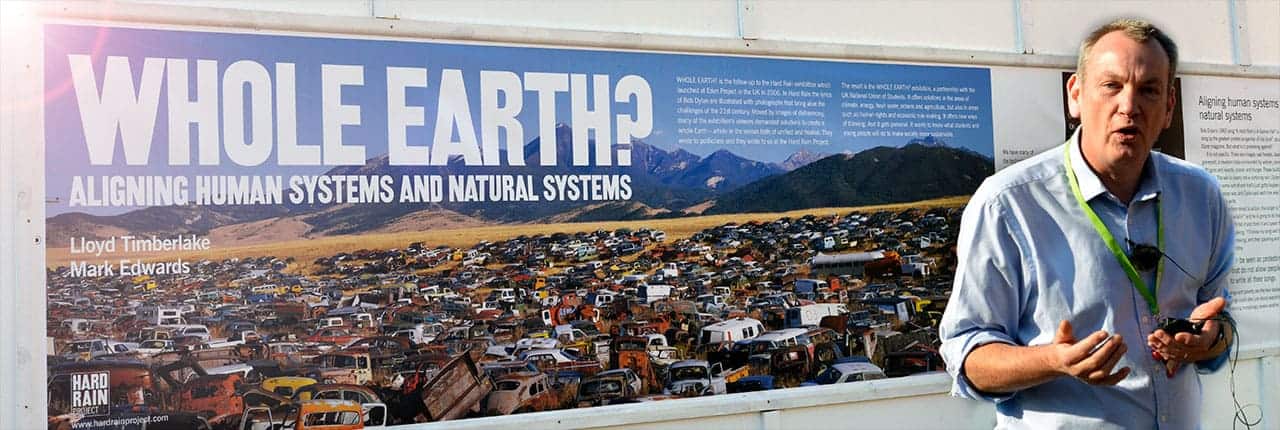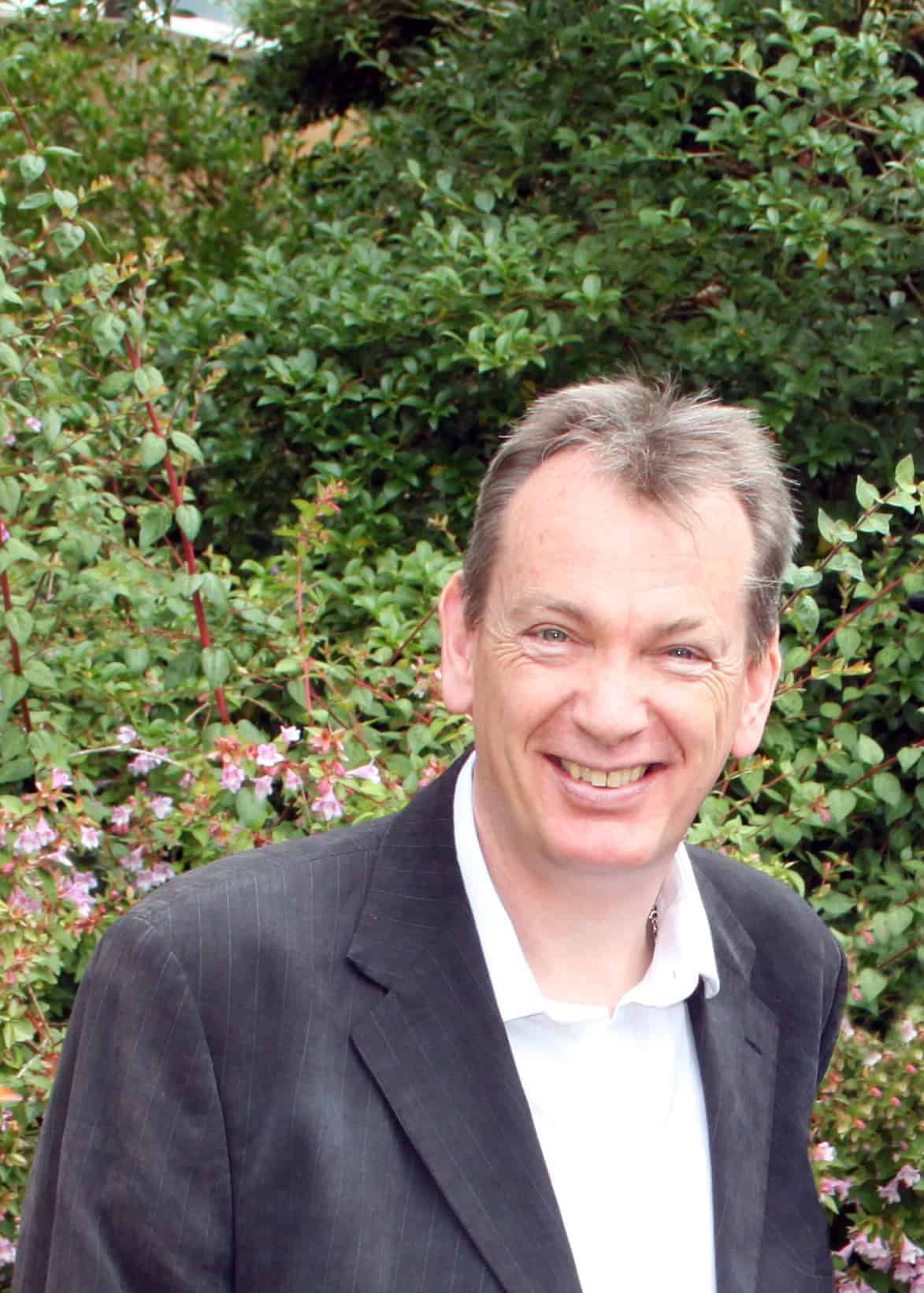Greenhouse Pioneer: Professor James Longhurst, University of the West of England

Jim Longhurst is the only Assistant Vice-Chancellor in the UK with a full time sustainability remit. He is a leading expert in air quality management – an issue of increasing concern for the public and policymakers in 2017. He was instrumental in managing the positive legacy from the Bristol European Green Capital 2015 and the development of the ‘Green Capital, Student Capital’ campaign that led to over 126,000 hours of student time being given to support sustainable activities in and around Bristol.
UWE Bristol is at forefront of sustainability in the Higher Education sector. It is currently investing in energy management systems, including a new combined heat and power station that will cut 1,200 tonnes of carbon dioxide emissions. It is installing the largest roof mounted array of PV array of any university, saving a further 200 tonnes of carbon dioxide per year. In October 2016, UWE Bristol moved to a 100% guaranteed renewable electricity supply for the whole university.
What drives you and your work at UWE Bristol?
I’m an environmental scientist and I’m driven by a simple mission: we live in a very challenging time and without the influence of environmental science we are going to continue to damage the environment. The only way we can move to a more sustainable future is to understand the environmental limits that the planet has and understand we must share out our resources within those limits.
Higher education has a moral responsibility to ensure graduates are prepared for the challenges in both their professional and personal lives that the 21st century will confront them with. As educators and trainers, we are committed to ensuring that every student leaves UWE Bristol ready and able to confront the challenges of a currently unsustainable world.
 What is your greatest achievement to date?
What is your greatest achievement to date?
It is not mine at all, but that of my former PhD and Masters students who have gone off and done great things throughout. It is amazing to see them develop and witness the positive impact they are having.
I am very proud of UWE Bristol. As an institution it has come a long way in the past 20 years to a point where we are now one the very best in the higher education sector for sustainability. As an institution, we consciously consider sustainability as part of our business decision making and all our degree programmes can now point to where sustainability plays a role.
What are you working on that’s getting you fired up and excited?
My role includes teaching, learning and research, but also looking at the way we organise our estates and our partnership activity. We have 27,000 students, 3,500 staff and are currently in the middle of a £250million infrastructure investment programme. I’m particularly proud of our sustainability plan – it includes ambitious targets for sustainability education, recycling, carbon management, sustainable travel, sustainable food, and water management.
What are the challenges you face?
Like everybody, the challenges are time, resources and energy – there are never enough! So, you must make the best use of those that you have and find ways to use them that make a real difference. Embedding sustainability in a large organisation is a culture change process and you have to take the long view whilst helping colleagues to reach the short term goals, building their confidence and capability.
In my air quality research by far the biggest challenge is the failure of the political class to understand the scale, complexity and damage to health and environment caused by air pollution.
Can you recommend a life or game-changing book for our readers?
 The book that really got me into sustainability was The Doomsday Book by Gordon Rattray Taylor published in 1970. The book had a profound effect on me and was
The book that really got me into sustainability was The Doomsday Book by Gordon Rattray Taylor published in 1970. The book had a profound effect on me and was
tremendously insightful. However, there are lots of books that have had an important impact on my thinking not least the work of Fritz Schumacher, Silent Spring by Rachel Carson or Ecoscience by Paul Ehrlich, Anne Ehrlich and John Holdren. Two air pollution books that I keep returning to are Air and Rain. The Beginning of a Chemical Climatology by Robert Angus Smith, first published in 1872, and Peter Brimblecombe’s The Big Smoke. These books remind us that air pollution has a very long history and that we have often failed to take the problem seriously enough.
What is the best advice you have ever been given?
The first time I was asked to give a lecture (I was a PhD student at the time) about the environmental impact of mining to a class of mining engineers, a member of staff told me ‘well you made a very good attempt but they didn’t understand a word of it’. The advice he gave me was to always come up with an introduction, a middle and an end. It helped me to understand about structure, messaging and the learning process of those that you are trying to engage.
Greenhouse PR worked with UWE Bristol in 2016 on the launch of a report The Role Of Progressive Universities In The Global Knowledge Economy. With our HQ based in Bristol we are always on the lookout for leading green thinkers in the city. To hear from other Greenhouse Pioneers visit our blog or follow our twitter account.


